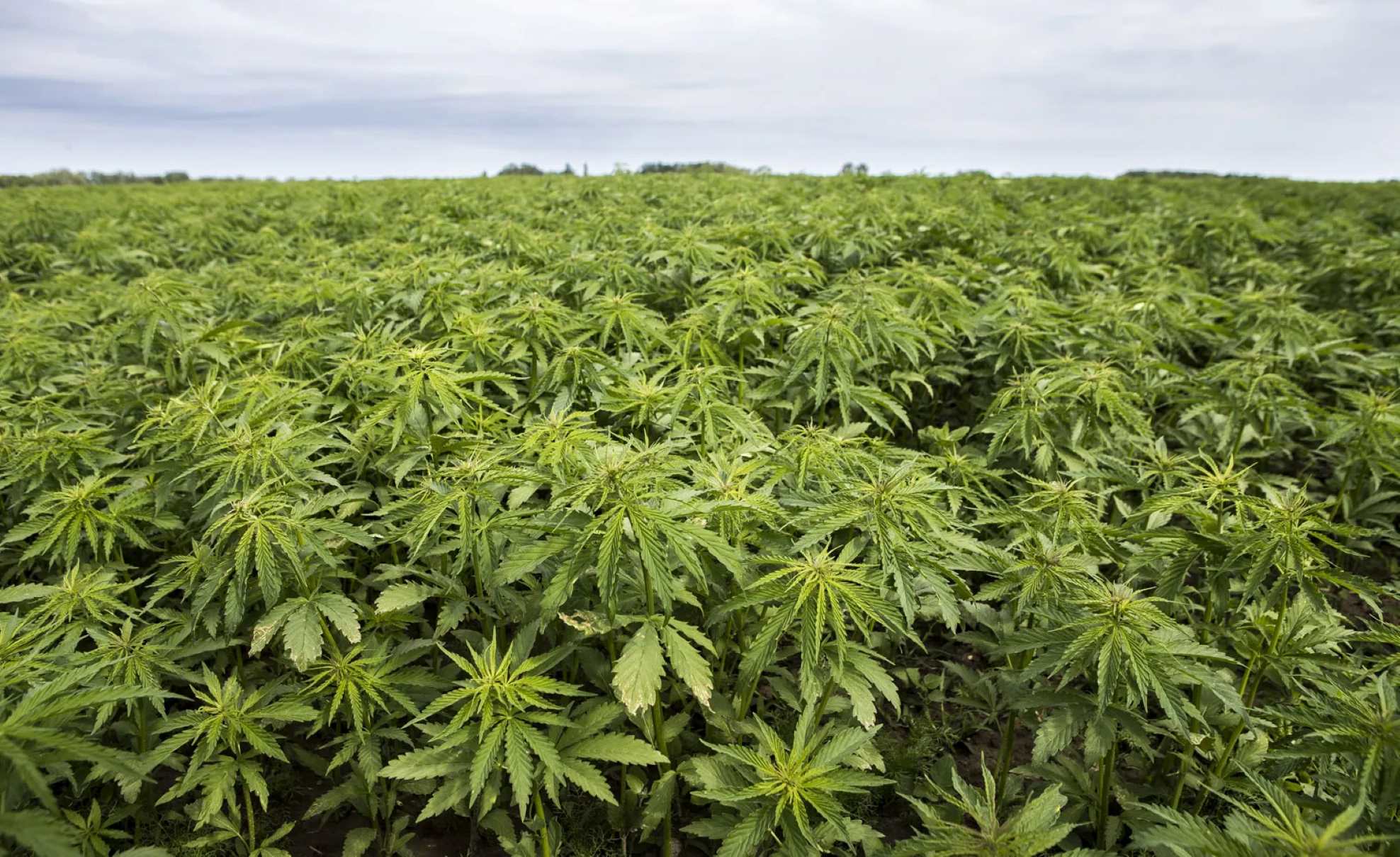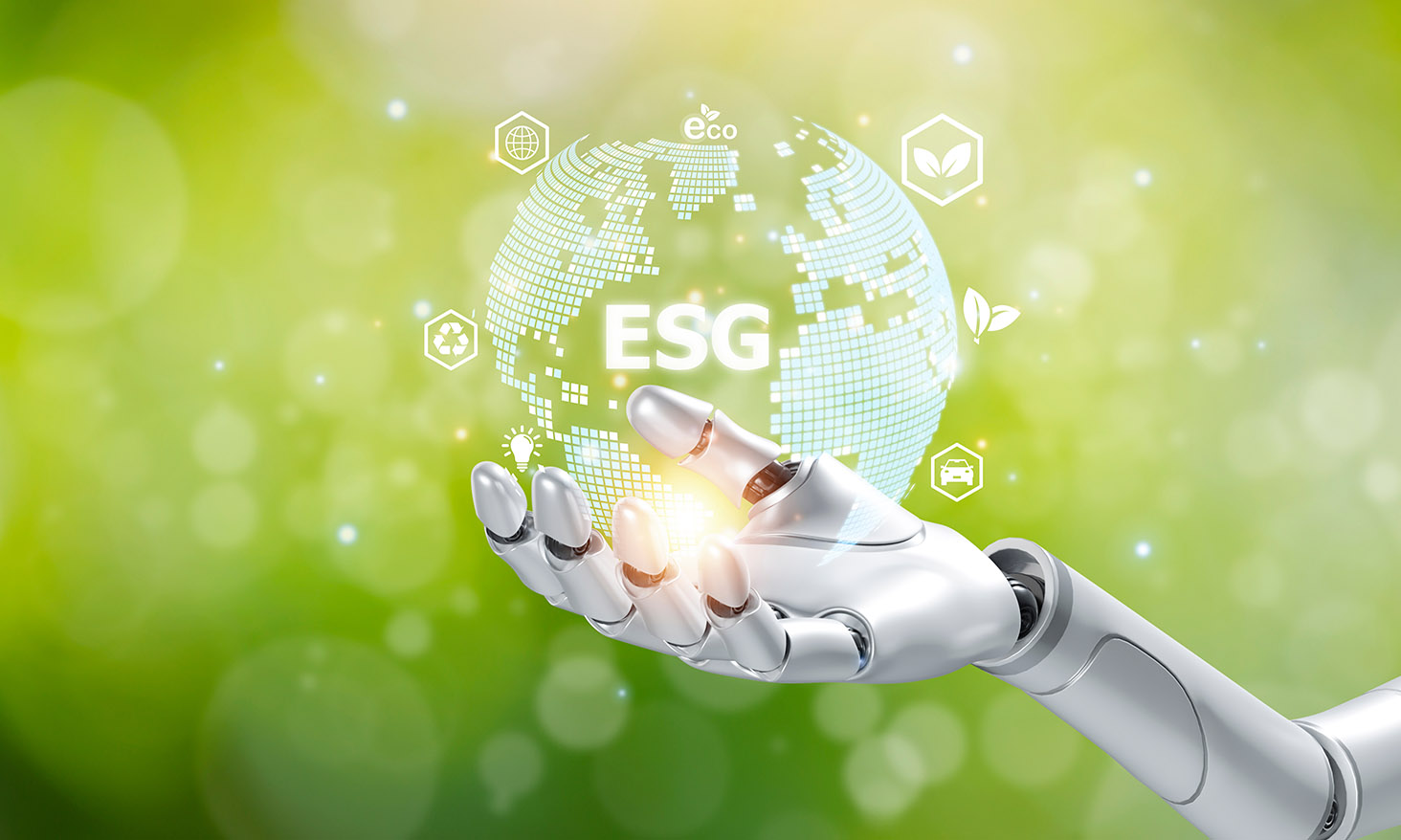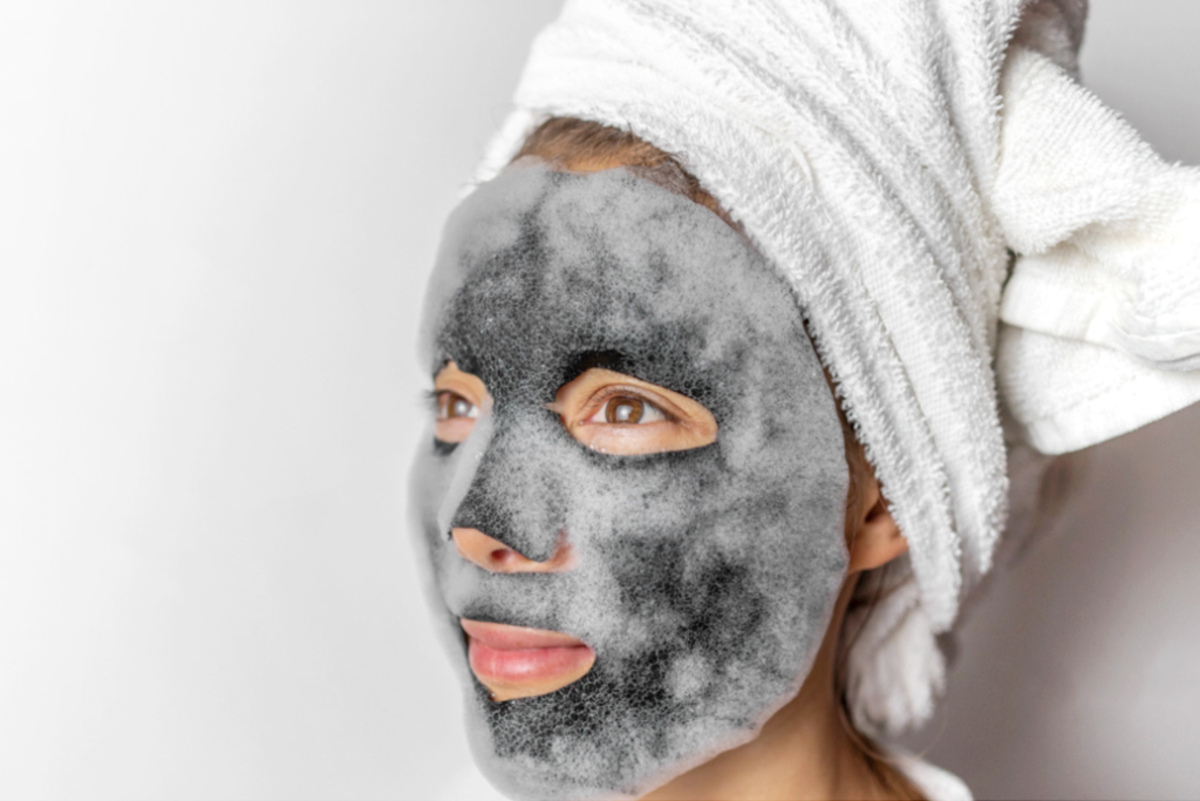
Hemp has been garnering attention in recent years for its various uses and potential benefits. From textiles and construction materials to dietary supplements and skincare products, hemp offers a multitude of possibilities. Often confused with its cousin, marijuana, hemp is a versatile plant that is rich in history and holds great promise for the future.
In this article, we will delve into 20 fascinating facts about hemp. We’ll explore its origins, its many applications, its nutritional value, and its environmental impact. Whether you’re already familiar with hemp or just starting to discover its potential, you’re in for an enlightening journey through the world of this remarkable plant. So, sit back, relax, and let’s unravel the intriguing story of hemp.
Key Takeaways:
- Hemp is a super versatile and sustainable plant that has been around for ages. It can be used to make all sorts of cool stuff like clothes, paper, and even biofuels!
- Hemp is like a superhero for the environment. It helps clean the soil, fights climate change, and can be used to make eco-friendly products. Plus, it creates job opportunities for people. Go, hemp!
Hemp has been cultivated for thousands of years.
Hemp is one of the oldest cultivated crops in the world, with evidence of its use dating back to ancient civilizations.
Hemp is a versatile plant.
Hemp can be used to make a wide range of products, including textiles, paper, building materials, food, and even biofuels.
Hemp is a sustainable crop.
Hemp requires less water and pesticides compared to other crops, making it an environmentally friendly choice.
Hemp seeds are highly nutritious.
Hemp seeds are rich in protein, healthy fats, and various vitamins and minerals, making them a valuable addition to a healthy diet.
Hemp does not contain THC.
Contrary to popular belief, hemp contains very low levels of THC, the psychoactive compound found in marijuana.
Hemp can be used for animal feed.
Hemp seeds and fibers can be included in animal feed to provide nutritional benefits and improve their overall well-being.
Hemp can help improve soil health.
Hemp has deep roots that help aerate the soil and can even remove toxins and pollutants from the ground.
Hemp can be used to make biodegradable plastics.
Hemp fibers can be used to produce plastic-like materials that are biodegradable and have a lower environmental impact.
Hemp can be used as a natural alternative to beauty products.
Hemp oil is rich in antioxidants and can be used in skincare and haircare products for its moisturizing and soothing properties.
Hemp can be used to make sustainable clothing.
Hemp fibers are durable, breathable, and can be used to create eco-friendly clothing and textiles.
Hemp can help fight climate change.
Hemp plants absorb carbon dioxide from the atmosphere, acting as a natural carbon sink and reducing greenhouse gas emissions.
Hemp can be used in construction.
Hemp fibers can be mixed with lime to create a sustainable and lightweight building material known as “hempcrete.”
Hemp cultivation is legal in many countries.
While regulations vary, hemp cultivation for industrial purposes is allowed in numerous countries around the world.
Hemp can be used to make sustainable paper.
Hemp fibers can be processed into paper without the need for harsh chemicals, making it a more environmentally friendly alternative to traditional paper production.
Hemp can be used to make biofuels.
Hemp seeds can be processed to produce biodiesel, a renewable and cleaner alternative to fossil fuels.
Hemp can improve crop rotation.
Hemp can be used as a rotational crop, helping to break pest cycles and improve soil fertility for other crops.
Hemp is a fast-growing plant.
Hemp can reach maturity in just a few months, allowing for multiple harvests in a single year.
Hemp can be used to make durable ropes and cords.
Hemp fibers have been traditionally used to make ropes and cords due to their strength and durability.
Hemp has been used medicinally for centuries.
Hemp has a long history of medicinal use, with documented evidence dating back to ancient civilizations.
Hemp farming can create job opportunities.
The growing demand for hemp products has the potential to create jobs across various sectors, from farming to manufacturing and retail.
Conclusion
In conclusion, hemp is a versatile and fascinating plant with a plethora of uses and benefits. From its historical significance to its potential as a sustainable resource, hemp has proven to be a valuable crop with numerous applications. Its fibers can be used to create durable textiles, its seeds can provide nutrition and health benefits, and its oil can be used in various skincare and wellness products. Additionally, the cultivation of hemp can have positive environmental impacts, as it requires minimal pesticides and fertilizers and can actually improve soil quality. With the increasing recognition of hemp’s potential, it’s clear that this remarkable plant will continue to play a significant role in various industries and contribute to a more sustainable future.
FAQs
1. What is hemp?
Hemp is a strain of the Cannabis sativa plant species, and it is primarily cultivated for industrial use. Unlike its cousin marijuana, hemp contains minimal levels of THC, the psychoactive compound.
2. Is hemp legal?
The legal status of hemp varies by country and jurisdiction. In many places, hemp cultivation and use are legal, especially for industrial purposes. However, regulations regarding THC content and licensing requirements may apply.
3. How is hemp used?
Hemp has numerous applications. Its fibers can be used in the production of textiles, paper, and construction materials. Hemp seeds are highly nutritious and can be consumed directly, pressed for oil, or used in various food products. Hemp oil is also used in skincare and wellness products.
4. Is hemp eco-friendly?
Yes, hemp is considered an eco-friendly crop. It requires minimal pesticides and fertilizers compared to other crops. Additionally, hemp plants can help improve soil quality and reduce soil erosion.
5. Can hemp get you high?
No, hemp contains minimal levels of THC, the compound responsible for the “high” associated with marijuana. Hemp-derived products are not psychoactive.
6. Is hemp the same as marijuana?
No, hemp and marijuana are different strains of the Cannabis sativa plant. While they are part of the same plant family, hemp contains minimal levels of THC, making it non-intoxicating.
7. Are there any health benefits of hemp?
Yes, hemp seeds are rich in essential fatty acids, protein, and other nutrients. They are also a good source of antioxidants. Hemp oil is believed to have anti-inflammatory properties and can be beneficial for skin health.
8. Can hemp be used for sustainable manufacturing?
Absolutely! Hemp is a renewable resource that can be used to produce a wide range of environmentally friendly products, including textiles, paper, bioplastics, and more.
Hungry for more captivating hemp facts? Quench your thirst with Pacific Hemp Milk Nutrition Facts, offering a detailed breakdown of this plant-based beverage's health benefits. If you're curious about hemp-infused water, Hemp2O Nutrition Facts provide a refreshing look at this unique drink's composition. For those intrigued by hemp's versatility, Facts About Vipers Bowstring Hemp delve into the fascinating world of this ancient fiber and its modern applications. Explore these engaging articles to deepen your understanding of hemp's remarkable properties and potential.
Was this page helpful?
Our commitment to delivering trustworthy and engaging content is at the heart of what we do. Each fact on our site is contributed by real users like you, bringing a wealth of diverse insights and information. To ensure the highest standards of accuracy and reliability, our dedicated editors meticulously review each submission. This process guarantees that the facts we share are not only fascinating but also credible. Trust in our commitment to quality and authenticity as you explore and learn with us.


